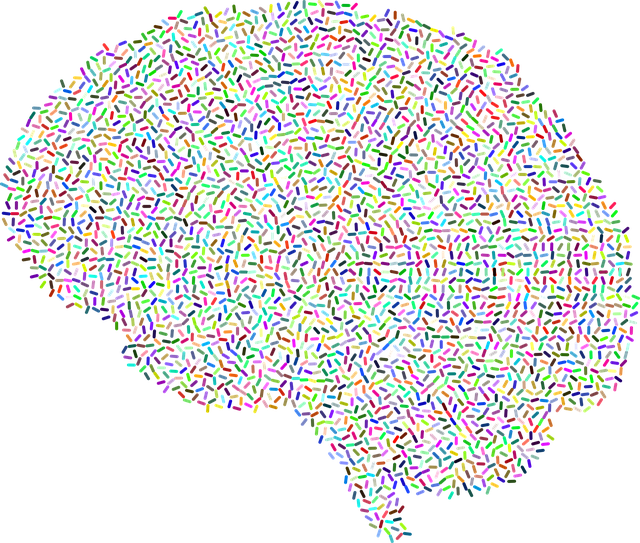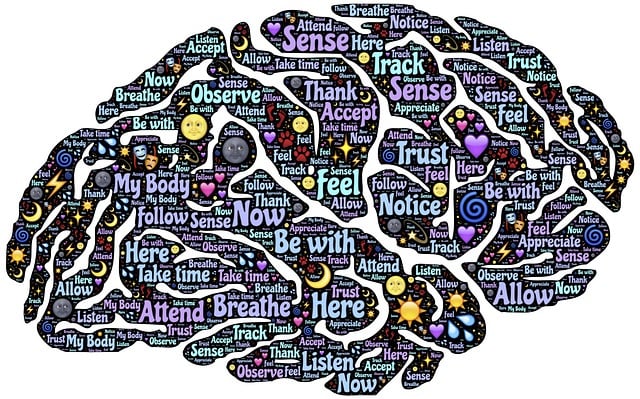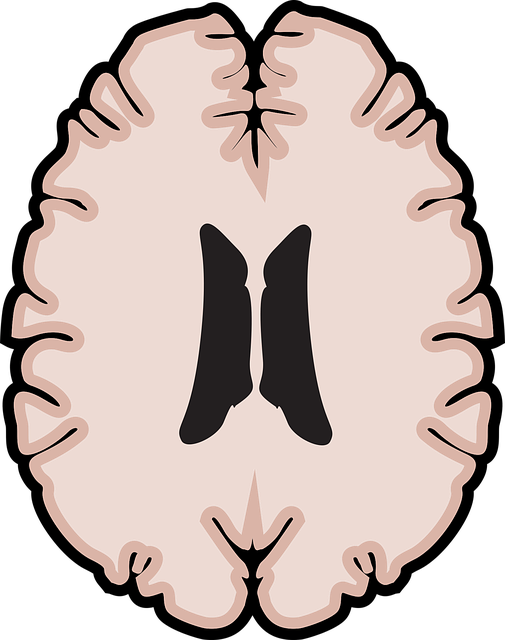Denver Geriatrics Therapy prioritizes mental health in aging by identifying and mitigating risks like cognitive decline, depression, and social isolation through comprehensive risk assessment. They empower therapists with cultural competency training, Social Skills Training, Mental Health Education Programs, and Confidence Boosting initiatives to enhance communication, adaptive strategies, resilience, and emotional management, ensuring high-quality care for elderly clients. Key components include robust mental health education, healthcare provider cultural competency training, and mental wellness journaling exercises, fostering a culturally sensitive environment and proactive emotional well-being monitoring among both patients and practitioners.
In the dynamic field of mental health care, particularly within Denver Geriatrics Therapy, risk assessment is an indispensable tool for ensuring patient safety. This article delves into the intricacies of risk assessment in mental health practice, exploring unique challenges faced by therapists specializing in geriatric care. We outline essential components of a robust framework and present strategies to mitigate risks, fostering a safer environment for vulnerable elderly patients. By understanding these key aspects, Denver Geriatrics Therapists can enhance their practice and better serve their clients.
- Understanding Risk Assessment in Mental Health Practice
- Unique Challenges Faced by Denver Geriatrics Therapists
- Essential Components of a Comprehensive Risk Assessment Framework
- Strategies for Mitigating Risks and Enhancing Patient Safety
Understanding Risk Assessment in Mental Health Practice

Risk assessment is a cornerstone of mental health practice, ensuring that professionals can proactively identify and mitigate potential hazards to patient well-being. In the context of Denver Geriatrics Therapy, this involves understanding the unique risks faced by elderly individuals, who may be more vulnerable to cognitive decline, depression, and social isolation. A comprehensive risk assessment goes beyond identifying immediate dangers; it also focuses on building resilience and promoting self-esteem improvement, crucial elements for fostering mental health in an aging population.
Mental health professionals play a vital role in navigating these complexities. Through rigorous healthcare provider cultural competency training, they gain insights into the diverse needs of their patients, enabling them to deliver tailored interventions. By integrating strategies that enhance resilience building, therapists can empower individuals to cope with challenges effectively, thereby reducing the risk of adverse mental health outcomes. This proactive approach not only benefits individual clients but also contributes to the overall public health by fostering a more resilient and mentally well community.
Unique Challenges Faced by Denver Geriatrics Therapists

Denver Geriatrics Therapists face unique challenges due to the specialized nature of their work with elderly patients. They often deal with complex cases involving cognitive decline, chronic illnesses, and social isolation—issues that require a nuanced approach. The demands of this field can take a significant toll on therapists’ mental health, as they may experience high levels of stress and burnout.
To navigate these challenges effectively, Social Skills Training and Mental Health Education Programs Design play crucial roles in empowering Denver Geriatrics Therapists. These initiatives help them enhance their communication skills, learn adaptive strategies for challenging behaviors, and develop resilience. Moreover, Confidence Boosting programs are essential for therapists to manage the emotional demands of their work while ensuring they can deliver high-quality care to their elderly clients.
Essential Components of a Comprehensive Risk Assessment Framework

A comprehensive risk assessment for mental health professionals should include several key components to ensure effective identification and management of potential risks within their practice. Firstly, a thorough mental health education programs design is essential, equipping practitioners with the knowledge to recognize diverse psychological conditions and their associated risks. This includes staying updated on the latest research and best practices in the field.
Secondly, incorporating healthcare provider cultural competency training into the assessment framework is vital for addressing potential biases and improving patient care. By fostering an environment of cultural understanding, Denver Geriatrics Therapy professionals can better navigate the unique needs and challenges presented by a diverse client base. Additionally, integrating mental wellness journaling exercise guidance as part of the risk assessment process can empower individuals to monitor their emotional well-being, identify early warning signs, and proactively seek support when needed.
Strategies for Mitigating Risks and Enhancing Patient Safety

Mental health professionals face unique challenges that can expose them to various risks. To mitigate these dangers and prioritize patient safety, several strategies can be implemented. Firstly, Denver Geriatrics Therapy offers specialized training focused on aging-related mental health issues, equipping practitioners with the necessary skills to navigate complex cases. This tailored approach enhances the quality of care provided to older adults.
Additionally, fostering strong emotional intelligence and self-esteem improvement techniques among healthcare providers is vital. Regular Healthcare Provider Cultural Competency Training sessions can help professionals better understand and connect with diverse patient populations, reducing potential cultural barriers and improving treatment outcomes. Emotional intelligence enables mental health workers to manage their own emotions effectively, creating a safer environment for both patients and practitioners.
Mental health professionals, especially those in specialized fields like Denver Geriatrics Therapy, must prioritize risk assessment as an integral part of patient care. By understanding unique challenges and implementing a comprehensive framework, therapists can effectively mitigate risks and ensure enhanced patient safety. This approach not only protects patients but also fosters a more secure and beneficial therapeutic environment, ultimately reflecting the quality of mental health services provided.








